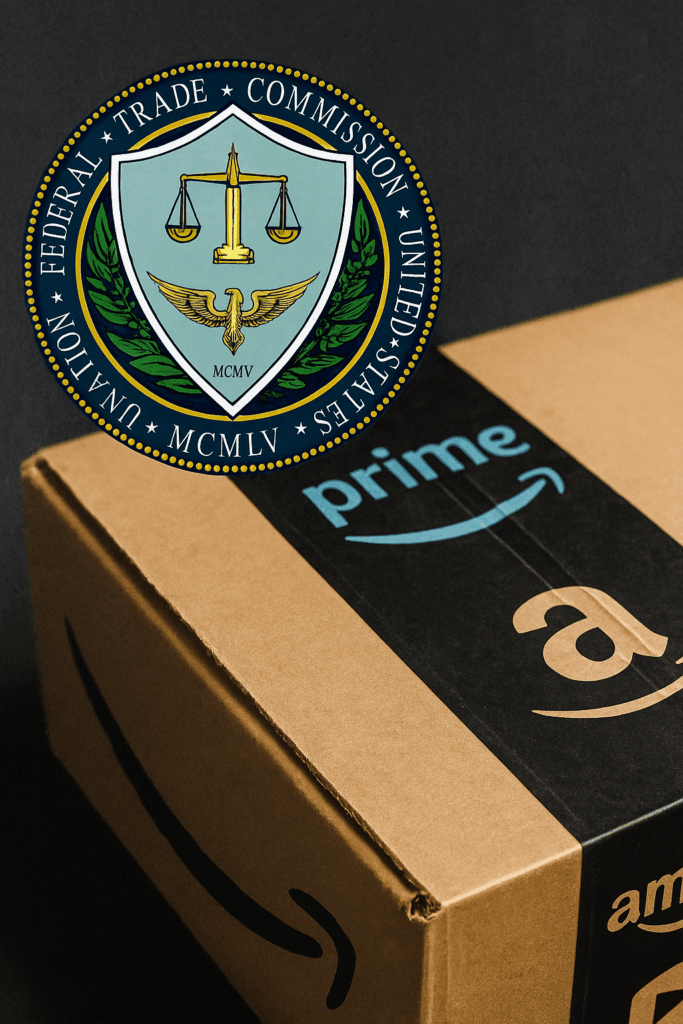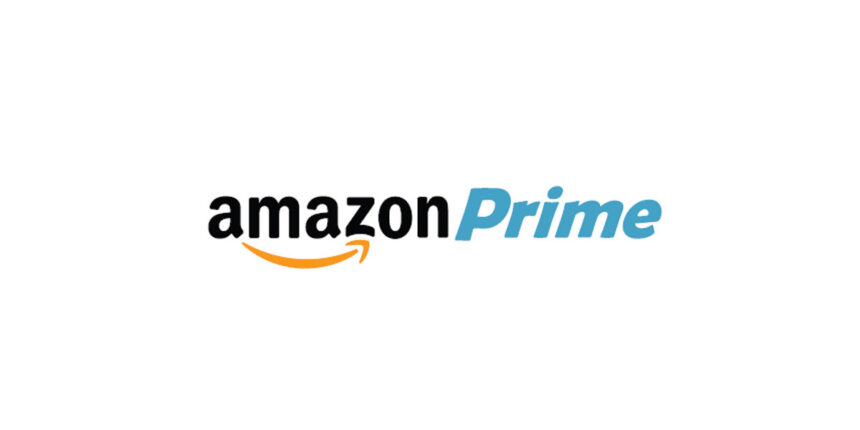Amazon has agreed to a record-breaking $2.5 billion settlement with the Federal Trade Commission (FTC). The settlement concludes a high-profile trial that accused the company of using deceptive practices to enroll customers for its popular Prime membership program. The case focused on how Amazon made it incredibly easy to enroll but intentionally complex to cancel. The service impacted tens of millions of subscribers.
This settlement represents one of the most substantial financial penalties ever levied by the FTC. It epitomizes the scrutiny of leading tech companies’ business practices.
What’s Happening & Why This Matters
Amazon’s “Dark Patterns”

The FTC launched its case in 2023. It is alleged that Amazon relied on manipulative user-interface designs, also known as “dark patterns”. The designs lured customers into recurring Prime subscriptions. The complaint accused Amazon of prioritizing growth over transparency.
Prime sign-ups required just two clicks, while cancellation was deliberately convoluted. The internal system, known as “Iliad Flow”—a nod to the epic Trojan War—forced users through a four-page, six-click, fifteen-option process. This process featured distracting warnings about lost benefits, special promotions, and other off-ramps designed to discourage cancellation.
Meanwhile, important billing details about automatic renewals were often buried in fine print. This imbalance left customers frustrated and, according to the FTC, deceived.
Record-Breaking Settlement
Under the settlement, Amazon will pay $1 billion in civil penalties. Additionally, they will pay $1.5 billion in refunds to an estimated 35 million affected customers. This is the largest civil penalty ever for an FTC rule violation. It is also the second-highest restitution award in the agency’s history.

FTC Chairman Andrew Ferguson celebrated the ruling, stating:
“Today, the FTC made history and secured a record-breaking win for millions of Americans tired of deceptive subscriptions that feel impossible to cancel.”
For Amazon, the settlement represents 5.6% of Prime’s $44 billion in annual subscription revenue. Analysts believe the payout won’t diminish Prime’s dominance, but it will force Amazon to improve its practices.
Changes to Prime Enrollment and Cancellation
As part of the agreement, Amazon must simplify both enrollment and cancellation. Key changes include:
- Removing misleading interface elements like the “No, I don’t want Free Shipping” button.
- Providing clear and conspicuous disclosures about subscription terms during sign-up.
- Offering straightforward, accessible ways to cancel Prime.
Amazon has already begun implementing these updates. A new cancellation page now allows members to pause or end their subscriptions easily.
Amazon spokesperson Mark Blafkin stated the company’s position:
“Amazon and our executives have always followed the law, and this settlement allows us to focus on innovating for customers. We work incredibly hard to make it clear and simple for customers to sign up or cancel their Prime membership.”
Why It Matters for Consumers and Regulators
The case spotlights a growing effort by regulators to tackle subscription traps in the tech industry. Prime, which started as a simple delivery service, now includes streaming, grocery, fuel discounts, and exclusive deals. It is one of the most powerful loyalty programs globally.

With an estimated 197 million U.S. Prime members, according to Consumer Intelligence Research Partners, Amazon wields enormous influence over consumer behavior. The settlement sends a message to other subscription-based companies that engaging in deceptive practices will result in costly consequences.
TF Summary: What’s Next
The FTC’s victory establishes a new benchmark for regulating tech companies. Consumers can expect a more transparent process when managing subscriptions. The case applies not only to Amazon but also potentially to other digital platforms. For Amazon, the challenge lies in maintaining Prime’s dominance while adhering to stricter oversight and improved customer experience standards.
MY FORECAST: The ruling pressures other subscription services (i.e., streaming platforms, meal delivery apps) to proactively clean up their practices or risk similar penalties.
— Text-to-Speech (TTS) provided by gspeech


